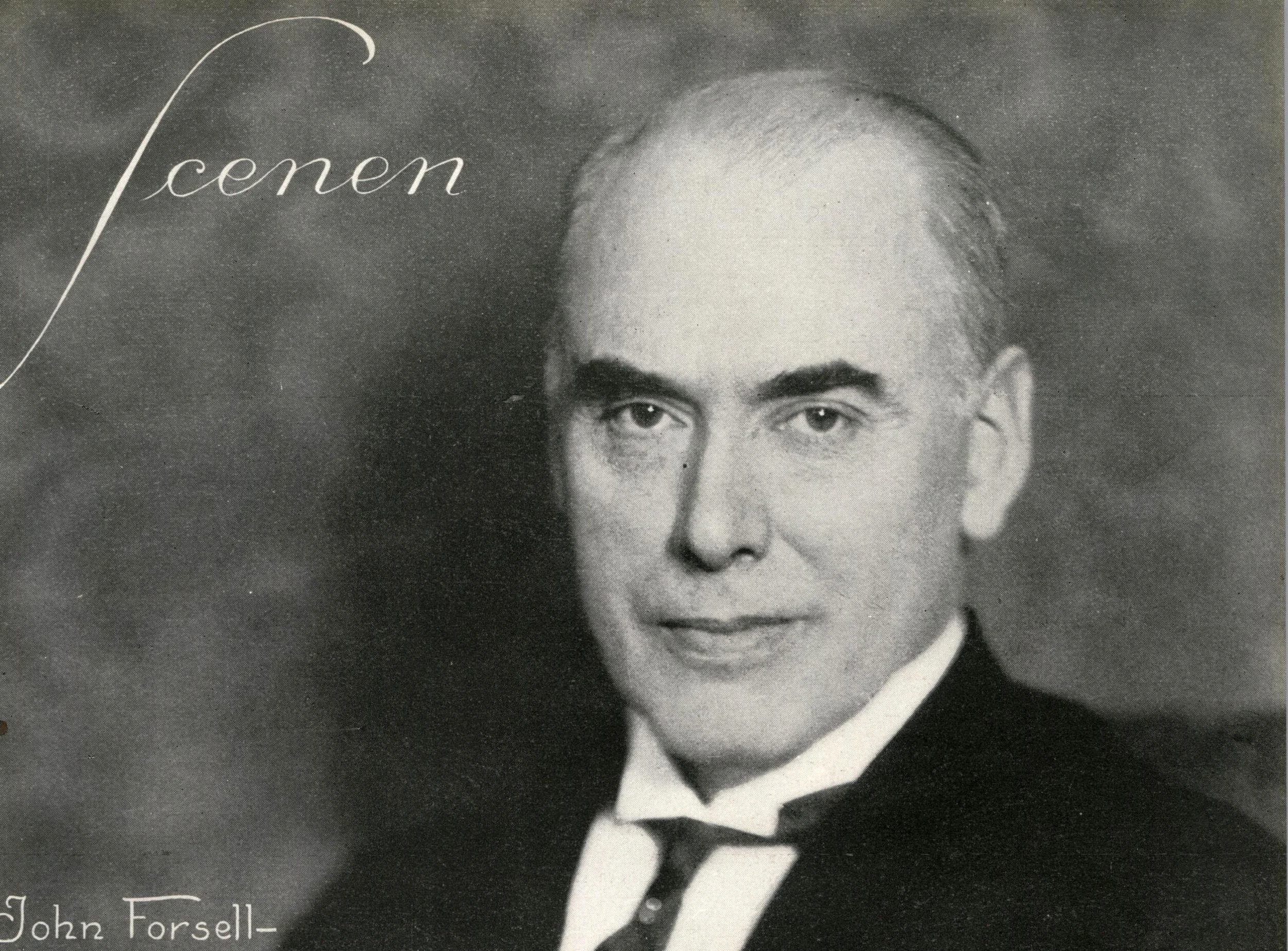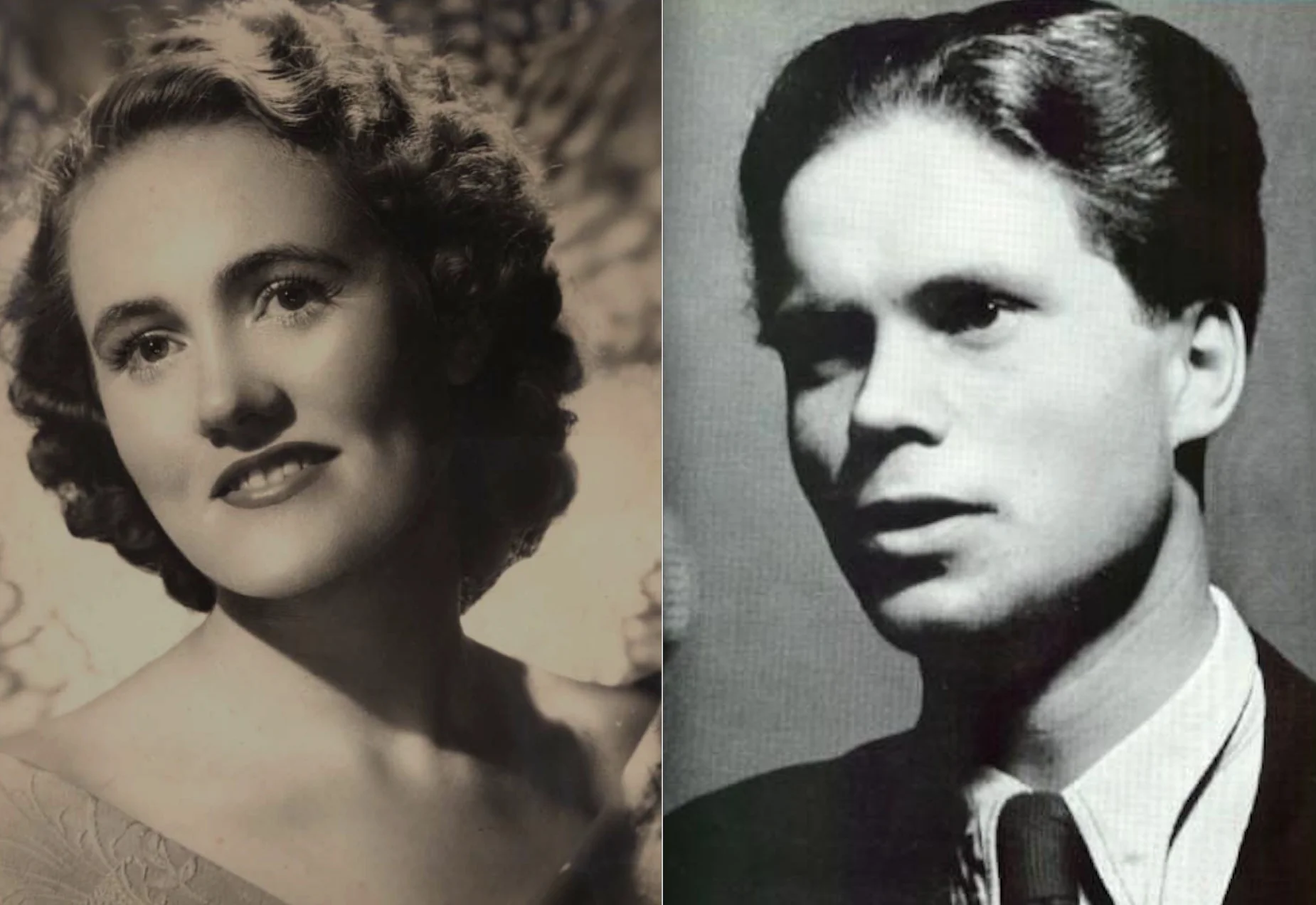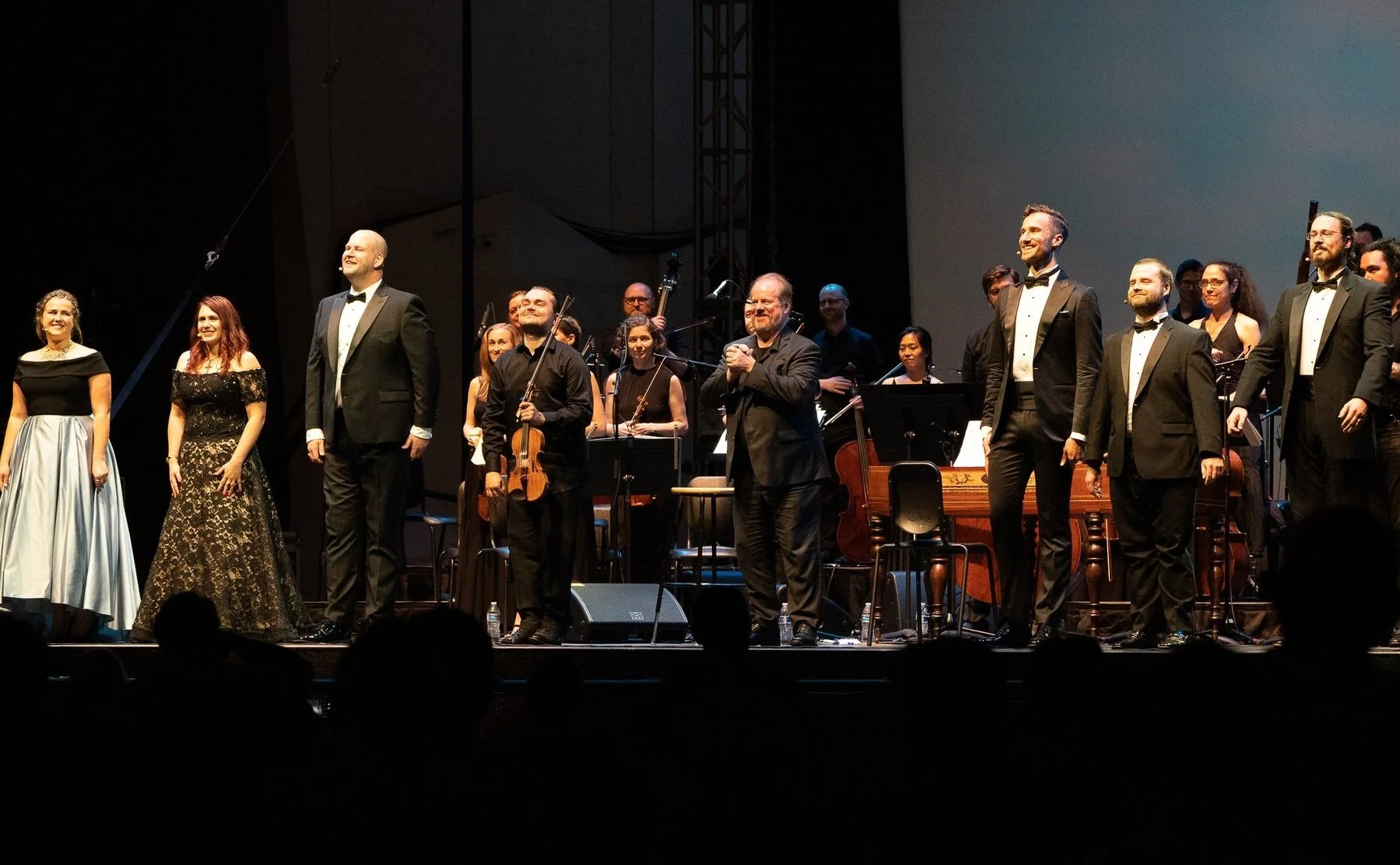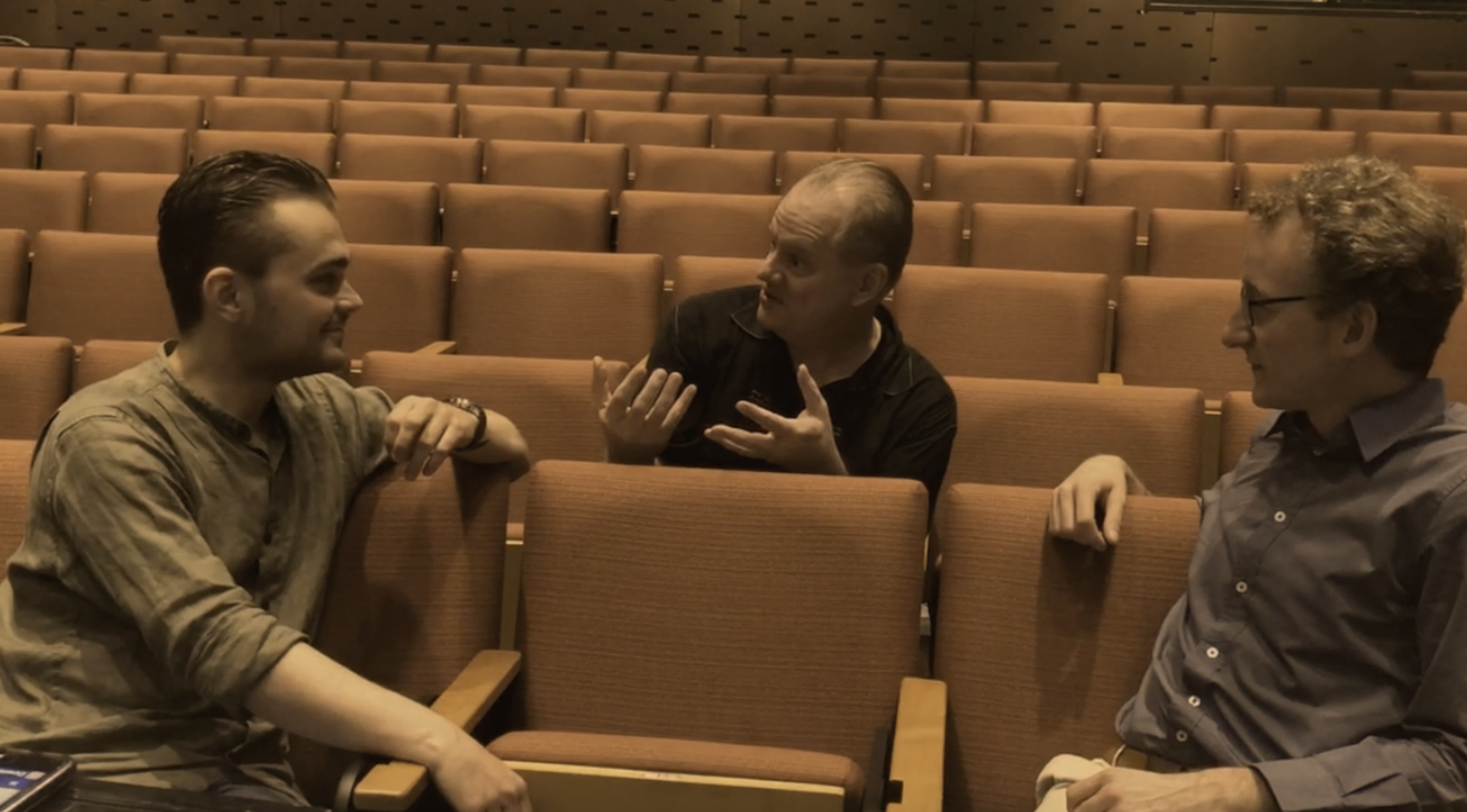Challenging
Tetrazzini in Les pêcheurs de perles
Luisa Tetrazzini was born in 1871, made her debut at 19 in her native Florence, and sang with the world’s elite on elite stages for a quarter-century, with celebrity concert tours for almost two more decades after that. Her records come in the category of “difficult” for many today: Tetrazzini’s hearty embrace of her own virtuosity and her devil-may-care attitude towards certain niceties have a tendency to strike modern listeners as comic. She does certain things better than almost anyone else, but barely bothers to try with others, and one senses that joie de vivre outweighed careful practicing and critical self-assessment in her artistic makeup. But there must have been careful practicing and then some in her formative years.
Leila’s hymn to Brahma from Les pêcheurs de perles can serve as a good starting-point for the curious. The opening section is not what most of us would call “musical” - there is practically no dynamic shading, no shaping beyond the rise and fall of the composed notes, no particular effort to sound prayerful, no attempt to moderate the brassy timbre of the chest register. But complaints about the surface detail should not make one miss the virtue of the underlying structure, which is solid and built to last. Every single note, high, low, or middle, long or short, is strong. Not pushed, certainly not strained, just strong - firm, centered, confident, even, balanced, connected to the previous and the next. First Law of the Opera Jungle: make sure they hear you out there. And if we imagine the voice ringing out in theatrical space with all the overtones that the old recording process cut off (see listening to ancient voices), we can start to grasp why Tetrazzini filled the house in both the aural and the box office sense.
Then comes the faster portion and you notice that she could operate with the same security and power while etching florid lines with chiselled clarity. (By now, maybe, your ears have adjusted enough to start liking the voice itself?) And then near the end….well, just listen through to the end even if you don’t love the start. There’s a reward.
“Challenging” applies in two senses here. It is a bit of a challenge to get past the questionable aspects of Tetrazzini’s taste and find enjoyment in her records. But it’s also an extremely worthwhile challenge for any soprano just to see if she can emulate the consistency and athletic firmness, note by note, in a song like this.
Teatro Nuovo puts great emphasis on learning from the singers who had never heard, or heard of, microphone singing - primitive recordings from more than a century ago, forming a link to the traditions of opera’s heyday and the infinite potential of the natural, unassisted human voice. Check this space regularly for samples, and click here for some pointers on how to listen.






![Image 2 - Henry T. [Harry] Burleigh - Detroit Public Library.jpeg](https://images.squarespace-cdn.com/content/v1/596bb4e703596e837b624445/1591713684327-N7HW488JSZ7EN8T5AJSR/Image+2+-+Henry+T.+%5BHarry%5D+Burleigh+-+Detroit+Public+Library.jpeg)

































